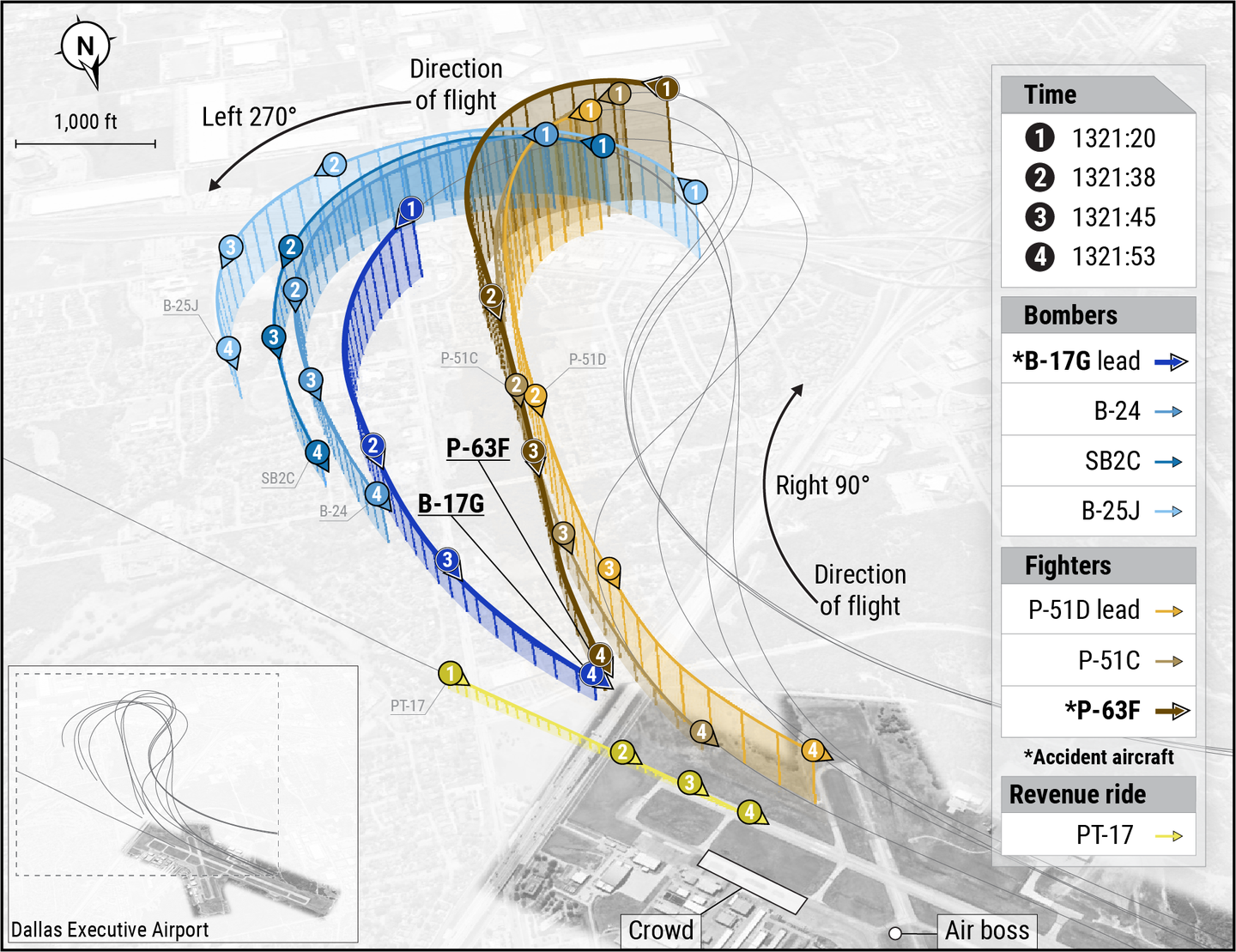Guest Blog: FAA Goes Backward in Hiring Controllers
The agency’s new hiring policies essentially gut the ATC programs at aviation colleges. This makes no sense.
Recently, the FAA changed how it recruits candidates for ATC positions, focusing on hiring candidates from its FAA Air Traffic Collegiate Training Initiative (AT-CTI) program. This may seem logical, but the devil is in the details. Historically, candidates for AT-CTI program were evaluated on their work and educational experience directly related to ATC job functions, but this is no longer the case. Candidates for the AT-CTI program are now selected on much simpler factors. These include whether they have three years of work experience (any, not necessarily related to ATC or even aviation jobs), can they speak English and on their completion of a "biographical" survey.
Candidates who historically would have been given credit toward selection based on ATC-related experience or degrees from aviation colleges are now on the same footing as someone who worked for three years at a fast food restaurant. In essence, experience doesn't seem to matter anymore. Candidates go into a virtual lottery and their biographical survey is the selection process. And it appears that candidates who are scoring very high on the historical measures for competency (the AT-SAT test) are not getting past the biographical survey. Competency doesn't seem to be the measure here.
The result is that candidates who are academically qualified aren't getting selected for the FAA AT-CTI program and it appears the washout rate since this change in hiring practices is increasing rapidly, at the taxpayer's expense, in my view. Candidates who had previously completed collegiate training programs at their own expense are now finding themselves unqualified based on the biographical survey, leaving their personal investment in training wasted and the cost to train candidates who passed the biographical survey but have no aviation background to be trained by the FAA at taxpayers expense.
This seems backward to me. Estimates of the value of collegiate training programs providing ATC training suggest that it has saved tens of millions of dollars in the past, but apparently we are throwing that away now. In effect, this makes all of the degree programs offered by collegiate programs null and void. Why would I bother to do a degree in a program that won't make any difference in whether I get hired?
In the FAA's document "A Plan for the Future: 10-Year Strategy for the Air Traffic Control Workforce 2012-2021"(PDF),the FAA notes that, "Deploying a well-trained and well-staffed air traffic control workforce plays an essential role..." It is just my opinion, but I have to think hiring candidates who have already had a background of training from colleges or universities with long standing aviation-related air traffic control programs goes a long way toward fulfilling this goal.
The hiring process portion of the FAA document indicates three major categories of hiring sources. Previous controllers; Air Traffic Collegiate Training Initiative (AT-CTI) students and, last, the general public. These are specifically identified as individuals who are not required to have prior air traffic control experience. These, however, are the same applicants who are offered an opportunity to enter the FAA AT-CTI training program. This is where the problem begins.
It appears that applicants from the general public are given the same consideration as applicants who have formal collegiate training in ATC degree programs. In essence, an applicant to the FAA's AT-CTI training program who has no ATC-related training (but has three years work experience at any job) and an applicant who has a degree in air traffic control will be given the same chance at being hired. The selection factor thats then applied is based on a biographical survey the applicants complete, not their applicable training background or skill set they bring to the job.
I can't help but be concerned that the changes in this selection process will bring negative effects to our aviation infrastructure. Candidates who were previously motivated to seek out and pay for their own training to become the best-qualified candidates for the FAA AT-CTI program completion have lost that motivation. Their investment in this type of training only to hope they make it through a biographical survey would be a big gamble. The result is that we will get applicants from the general public with little or no relevant educational background. The lowest common denominator will get through. I don't think I want the lowest common denominator controlling the aircraft in our nation's airspace. And I don't think I want us spending taxpayer dollars on a program that has a high washout rate because it didn't select the most qualified candidates to begin with.
Jason Blair is an active FAA Designated Pilot Examiner and CFI who consults on aviation training and regulatory efforts for general aviation companies.
Join the conversation.
Read others' comments and add your own.






